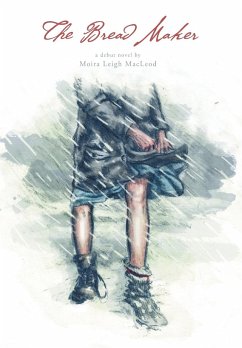Like the rare Mother Argonaut, which cradles her young but is not attached, Anna Tougas was destined to cast off her child and start a new life. That the purpose of that life was revolution was a mystery to Maude Digby until she determined to discover her family origins. Her reunion with Anna triggers their arrest under the War Measures Act and ignites a family firestorm of shock, bewilderment, and sense of betrayal. Though the plot centres on the dramatic and tragic events of the 1970 October Crisis in Québec, the novel spans several decades as Maude's discovery takes the story back to 1950 and propels it forward to the 1995 Sovereignty Referendum, and later still into a new generation. Argonauta is the story of five people living in a tumultuous time, their choices, and the effect of those choices on those they love - within and without the family tree.







